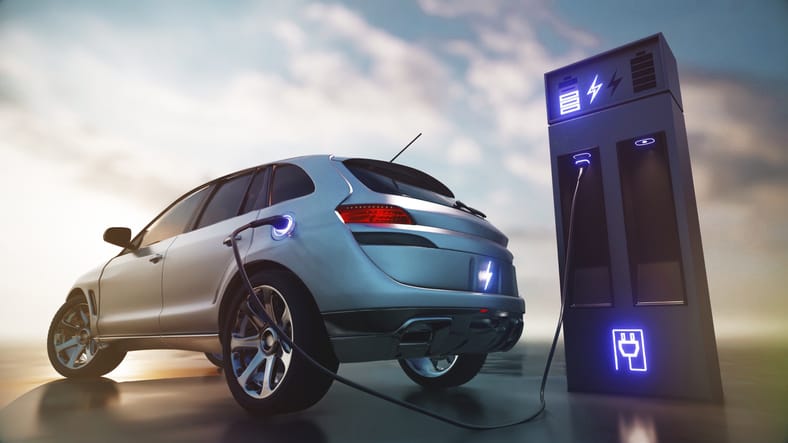Plug in or Power On: Demystifying the Electric vs. PHEV Dilemma

In the race towards a greener future, electric vehicles (EVs) and plug-in hybrid electric vehicles (PHEVs) are leading the charge. But for many, the choice between these two electrifying options can be a head-scratcher. Fear not, eco-conscious drivers, for this guide will clear the fog, demystifying the key differences between EVs and PHEVs and helping you navigate the road to your perfect electrified ride.
Fueling the Fire: Power Sources Under the Hood
The fundamental difference lies in their powertrain. EVs are purebred electric, running solely on battery-powered electric motors. They plug into external charging stations to replenish their batteries and boast zero tailpipe emissions, making them the ultimate eco-warriors. PHEVs, on the other hand, are hybrids with dual personalities. They have an electric motor and a gasoline engine, offering flexible power depending on your needs. They can be plugged in to charge the battery, but also rely on the gas engine for extended driving when the battery depletes.
Range Anxiety: How Far Can You Go?
EVs often face the dreaded "range anxiety," the fear of running out of juice before reaching your destination. Typical ranges for current EVs vary between 200 and 400 miles on a single charge, though rapid charging technology is steadily reducing anxiety. PHEVs, on the other hand, offer the comfort of gasoline backup. Their electric range typically falls between 20 and 50 miles, but the gas engine kicks in seamlessly, extending your journey for hundreds of miles more.
Charging Up: Plug it in or Fill it Up?
EVs require consistent charging to keep their batteries full. This can be done at home with a dedicated charger, or at public charging stations, which are becoming increasingly ubiquitous. PHEVs offer the flexibility of both worlds. You can plug them in to maximize electric miles and reduce emissions, or simply fill up with gas for longer trips.
Cost Considerations: Fueling Your Wallet
EVs offer significant long-term fuel cost savings, as electricity is generally cheaper than gasoline. However, their initial purchase price can be higher than comparable gasoline-powered vehicles. PHEVs offer a more balanced approach, often costing less than EVs upfront but still providing fuel savings due to their electric range.

Environmental Impact: Breathing Easy on the Road
EVs are the undisputed champions of clean air, producing zero tailpipe emissions while driving. PHEVs, while emitting less than traditional gasoline vehicles thanks to their electric range, still produce emissions when the gas engine takes over.
The Verdict: Choosing Your Electrified Champion
The ultimate choice between an EV and a PHEV depends on your individual needs and driving habits. If you prioritize eco-friendliness and have access to regular charging, an EV might be your perfect match. But if you crave longer range and flexibility, a PHEV might be your ideal companion.
Remember, the future of transportation is electric, and both EVs and PHEVs are paving the way for a cleaner and greener tomorrow. So, choose your weapon, plug in or power on, and embark on your electrifying journey towards a sustainable future!
